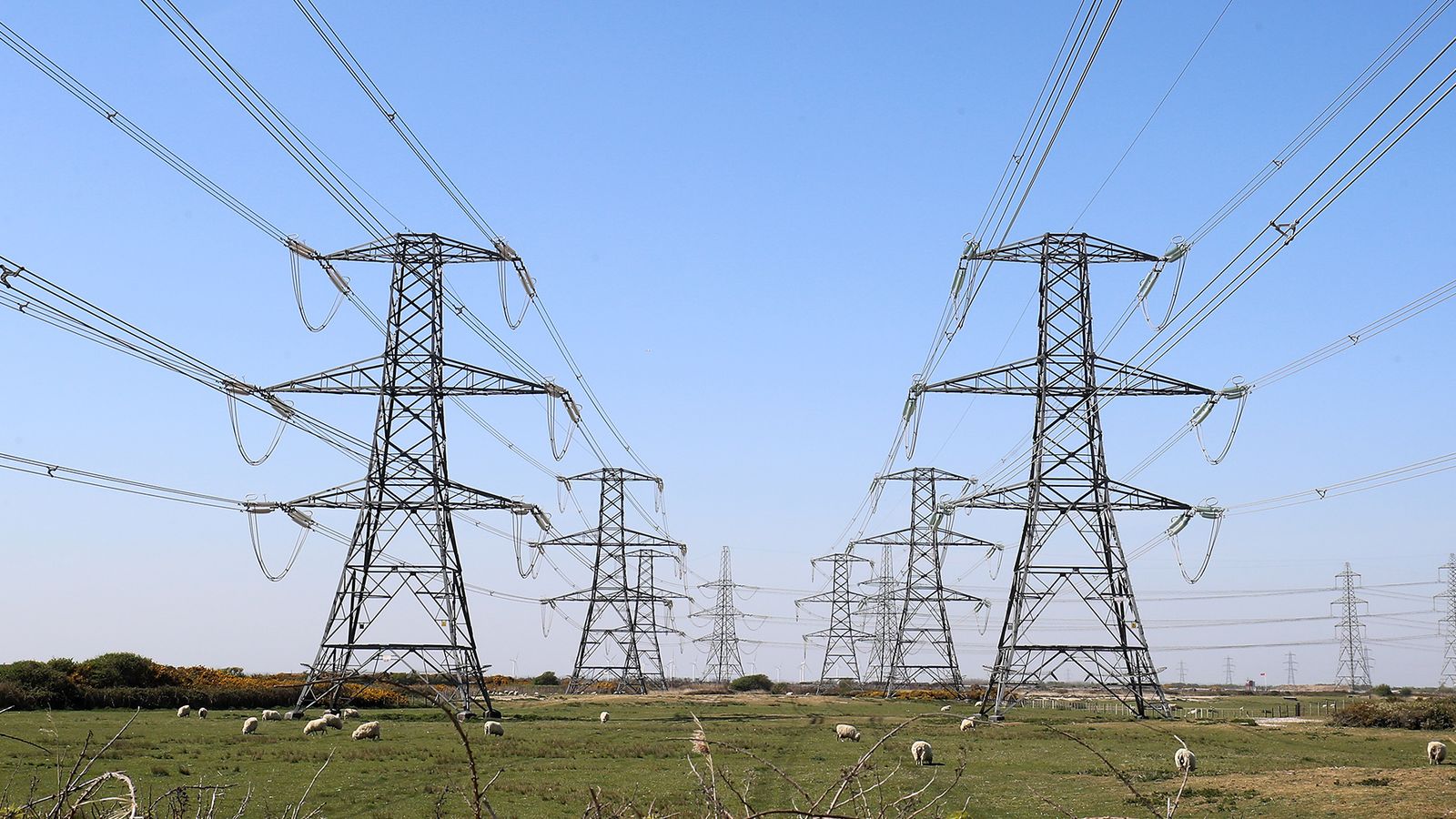The energy regulator has revealed new price controls on local power network operators amid claims that some are making excessive profits.
Ofgem said the firms must cut operating costs and spend more of their gains on investment to future-proof the country’s electricity grid over five years from April 2023.
The contribution via customer bills would remain the same at around £100 per year.
The regulator said: “Ofgem has today confirmed a five-year investment package for the electricity distribution network companies to help deliver cheaper, cleaner, more reliable local grids at no extra cost to consumers.
“A key requirement of the plan will be for networks to focus the investment on supporting the move away from a high dependence on imported fossil fuels, towards using more homegrown, cleaner, cheaper, and secure sources of energy.
“The potential of renewable energy sources such as wind, solar, and wave power require changes in the way energy is used and stored to gain their benefits and the price control set out by Ofgem today, will allow for the scale of investment required without adding to customers’ bills.”
There are six electricity distribution network companies, covering fourteen local networks, affected by the price controls.
Joules administrator on brink of rescue deal with Phase Eight-owner Foschini
Energy support scheme cash potentially at risk as more suppliers could go bust, warns Centrica CEO Chris O’Shea
Elon Musk is running Twitter ‘like a dictator’, former executive Yoel Roth says
They are Scottish and Southern Electricity Networks, Northern Powergrid, SP Energy Networks, Electricity North West, National Grid and UK Power Networks.
Ofgem revealed its plans just days after the union Unite called for a pricing review, claiming shareholders within the sector were netting excessive rewards at the expense of households at a time when consumers were paying record energy bills – largely a consequence of Russia’s war in Ukraine.
Please use Chrome browser for a more accessible video player
The controls are aimed at ensuring the system is ready to deal with an expected ramp up in demand as the country builds towards an electric car future in the battle against climate change.
Akshay Kaul, interim director of the watchdog’s infrastructure and security of supply group, said: “The investment set out today delivers value for consumers, safeguards security of supply and helps ensure Britain is no longer at the mercy of international energy prices or geopolitical events.”
There were early indications that companies may appeal the final determination during a looming consultation process.
National Grid said it would make a decision by February on whether to accept the ruling while SSE suggested the planned controls would result in a lower level of investment than it had prepared.






















